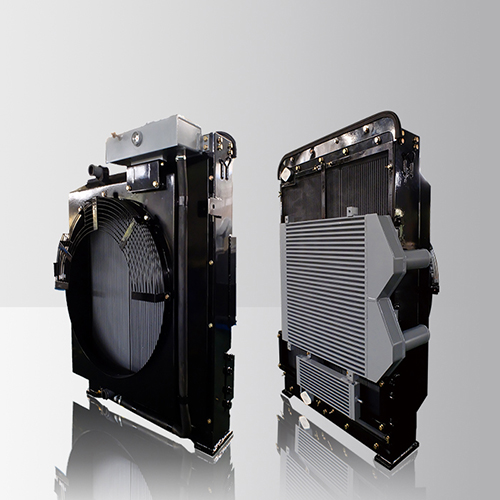According to reports, people familiar with the matter said that several German companies negotiating with potential buyers in China are pushing forward negotiations and are not affected by the new German acquisition regulations.
New Energy (NE): Also known as unconventional energy. New energy generally refers to renewable energy developed on the basis of new technologies, including solar energy, biomass energy, wind energy, geothermal energy, wave energy, ocean current energy and tidal energy, and thermal cycling between the ocean surface and deep layers. In addition, there are hydrogen energy, biogas, alcohol, methanol, etc., and coal, oil, natural gas, water energy and other energy sources that have been widely used are called conventional energy sources. With the limited energy of conventional energy and the increasingly prominent environmental problems, new energy sources with environmental protection and renewable characteristics are receiving more and more attention from all countries. For new energy production equipment, such as the heating system after the sun is heated, wind power generation The motor cooling system, the cooling system of the natural gas cooling pool, the cooling system of the hydroelectric power generation, etc., are all inseparable from the key role of the heat exchanger to ensure the safe operation of the equipment.
Energy Heat Exchanger,Heat Transfer System,Marine Engine Heat Exchanger,Air-To-Air Heat Exchanger Xinxiang Zhenhua Radiator Co., Ltd. , https://www.thermictransfer.nl
After a series of transactions in China to acquire Western technology and expertise, Germany became the first EU country to tighten foreign companies' acquisition of domestic corporate policies. The new regulations allow the German government to block acquisitions if there is a risk that the core technology of German companies will be lost overseas. At the same time, the new regulations will take effect shortly and will not require parliamentary approval.
According to people familiar with the matter, four German companies serving the automotive industry, including FFT, Eisenmann, ZF Body Controls and Eisen Motors, are working with ZTE. Potential Chinese buyers negotiate and do not want political intervention.
Bankers familiar with these transactions said: "These assets are not key technology assets that the German government wants to protect. But if the state begins to intervene in these transactions, then these deals will end."
People familiar with the matter said that FFT, a car-equity manufacturer owned by private equity investor Aton, has attracted first-round bids from Chinese bidders including Shanghai Electric. The transaction was led by the international financial services company Morgan Stanley (Dharma). FFT's valuation is about 500 million euros (about 3.87 billion yuan), which is 8 to 9 times the expected core income of 60 million euros in 2017.
The valuation of the deal is expected to be lower than the US valuation for the robot manufacturer Kuka. People familiar with the matter said that both FFT and Kuka are manufacturing automotive devices, but FFT specializes in assembly lines and does not provide robots themselves, so the valuation is low.
In May of last year, Midea Group announced that it planned to acquire Kuka (Kuka), a German industrial robot and automated production equipment manufacturer, for a cash consideration of approximately 4 billion euros (about RMB 29.2 billion) through an offer.
Eisenmann, a family-owned paint shop manufacturer, attracted two Chinese buyers who participated in the final sale of the UBS group.
According to people close to the deal, Eisenmann expects core earnings to reach 70 million euros in 2017, valued at 400-500 million euros, and the deal may be signed as early as this summer.
According to sources familiar with the situation, ZF Friedrichshafen is also negotiating with a Chinese bidder to sell its $1 billion Body Controls unit. Last year, the sale was going on.
In addition, according to people close to the transaction, the German car interior manufacturer Eissmann Automotive is dominated by the consulting company Lazard Bank, which also attracted the attention of some Chinese companies.
